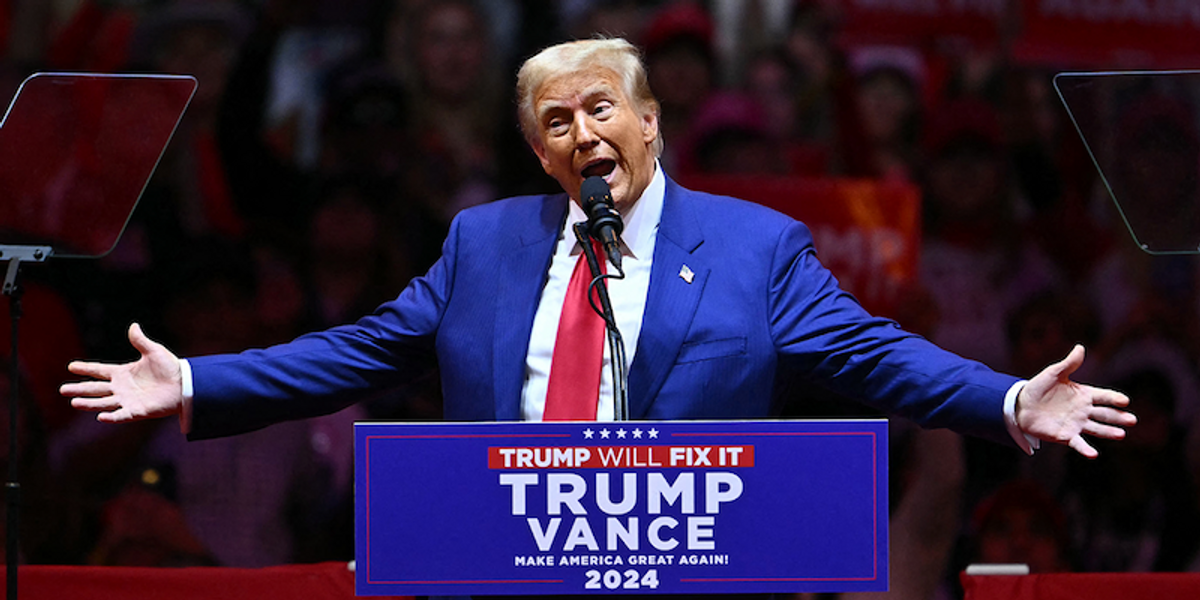Summary
Senate GOP leader Mitch McConnell reportedly warned that there will be no recess appointments, directly opposing Donald Trump’s plan to bypass Senate confirmation for controversial cabinet nominees, including Matt Gaetz.
Gaetz has faced allegations of drug use and sexual misconduct.
McConnell’s stance sparked widespread discussion about a looming constitutional showdown.
Critics argue recess appointments could undermine Senate authority and pose national security risks.
Observers question McConnell’s influence, noting potential leadership changes, while others see this as a critical test of Senate integrity against Trump-aligned Republicans.



I am starting to believe the theory Trump is putting up the worst possible people so when one gets rejected he can try to force Congress to adjourn and then appoint whomever he wants which will be 100% worse.
Not that Trump thought of this but someone, Miller, is pulling the strings
It’s negotiating 101. Open with the hoop dream so the next option isn’t near as bad. If you get your first option, you win, and if you get the second option, you win a little less.
Senators are very different in many ways. They are very powerful, and feel a responsibility to their position for the most part. That includes advise and consent, part of the Constitution. It takes just as many Republican votes to call a recess as to confirm a nominee. Don’t forget, also, that until DeWine and DeSantis do their bit, they will be two votes short.
As shit as Roberts’ SCOTUS is, I don’t think even they’d go that far. Their entire argument hinges on one phrase from Article Two:
Supposedly as long as neither the House nor the Senate alter their scheduled appointment dates this clause can’t be invoked.